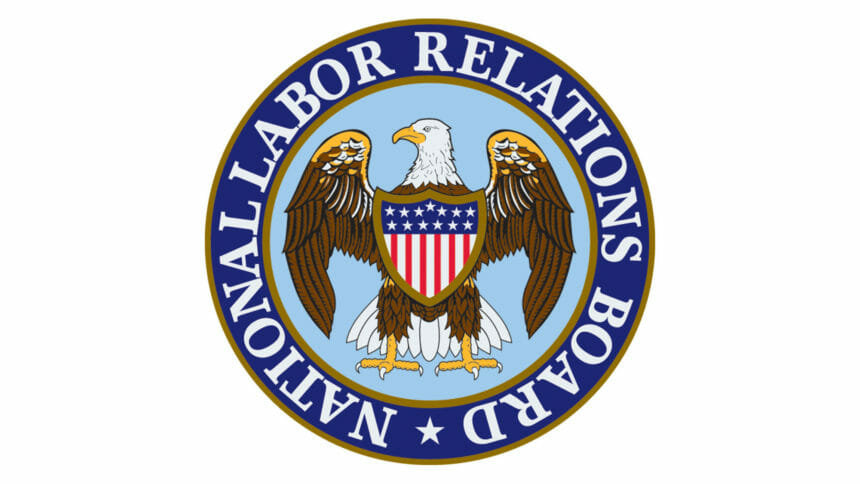
Long-term care facility owners could face “draconian remedies,” an attorney predicted Friday, a day after the National Labor Relations Board issued a decision outlining potential actions it will consider for organizations that have shown “repeated or egregious disregard” for employees’ rights under the National Labor Relations Act.
The board said that its decision is meant to bring consistency to the way serious misconduct and repeat offenders are penalized.
“The act gives the board broad discretion to exercise its remedial authority, and it can and should tailor the remedies to the violations, including to their nature, severity and extent,” NLRB Chairman Lauren McFerran said in a statement.
Steve Bernstein, regional managing partner in Tampa, FL, for law firm Fisher Phillips, cautioned long-term care providers not to miss the bigger picture in the specifics of the ruling: The board has been telegraphing for two years that it is pro-union and will remain so for at least two more years, he told McKnight’s on Friday.
“[Providers] do need to be cognizant of the fact that this agency is going to use every tool in their arsenal to make a statement and force employers to pay a price,” Bernstein said, warning that facility owners could be forced to capitulate by agreeing to “draconian remedies.”
The ruling comes after a Nebraska meat processor was accused of violating the NLRA by failing to bargain in good faith with its workers’ union. This was not the first time the company had found itself in hot water. In addition to prior violations, the company in 2019 was held in contempt of a federal judge’s order requiring it to bargain with a union, Reuters reported.
The board in the latest case upheld an administrative judge’s decision that the employer bargained in bad faith with the union and determined that — because the employer also previously had been found in violation of the act as well as in contempt of a district court injunction ordering it to bargain in good faith — the employer’s “open hostility” toward its responsibilities under act warranted a broad order and appropriate remedies.
Bernstein, the attorney, said that the ruling puts a significant emphasis on the importance of the training of frontline supervisors, who are a provider’s first line of exposure.
Employees, he said, “have to understand where the legal lines are and that there are consequences for crossing those lines,” he said. “It takes just one supervisor to ‘stray off the ranch’ and you see exposure like in this case. Businesses with labor relations challenges are going to find themselves in front of this agency more often.”
Penalties for seriously or repeatedly violating the NLRA, according to the NLRB, may include:
- Adding an explanation of rights to the remedial order that informs employees of their rights in a more comprehensive manner;
- Requiring a reading and distribution of the notice and any explanation of rights to employees, including potentially requiring supervisors and others involved in the violations to participate in or be present for the reading and/or allowing presence of a union agent during the reading;
- Mailing the notice and any explanation of rights to the employees’ homes;
- Requiring a person who bears significant responsibility in the organization to sign the notice;
- Publication of the notice in local publications;
- Requiring that the notice / explanation be posted for an extended period of time;
- Permitting representatives of the board to inspect the company’s bulletin boards and records to determine and secure compliance with the board’s order;
- Reimbursing a union’s bargaining expenses, including making whole any employees who lost wages by attending bargaining sessions.
“Our aim is to ensure that in every case involving repeated or serious misconduct, the board will consistently consider and implement a full range of potential remedies, so that our actions will make victims of unfair labor practices whole, while ensuring that employees not only understand their rights under the act but also feel free to exercise them going forward,” McFerran said.
NLRB member David Prouty joined McFerran in the issuance of the decision. Member Marvin Kaplan concurred in part and dissented in part.
For more news from the McKnight’s Business Daily, click here.



